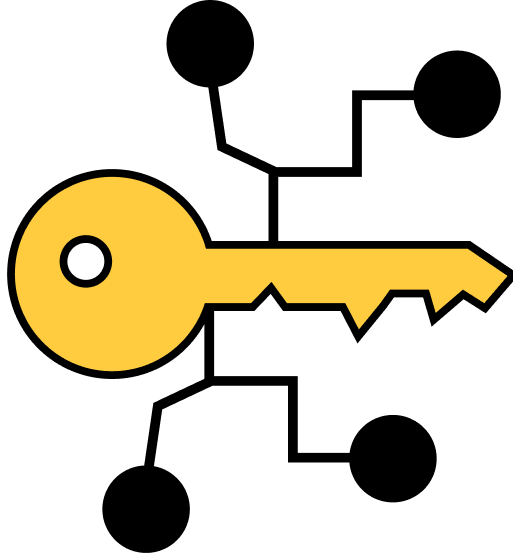Collision (computer science)
Collision is used in two slightly different senses in theoretical computer science and . In computer science it refers to a situation where a function maps two distinct inputs to the same output. In telecommunications, a collision occurs when two of a network attempt to transmit at the same time.
Contents
In theoretical computer science
A collision or clash occurs when two different inputs to a function, typically one used to compress large data items into a smaller or fixed size, produce the same output, called (depending on the application) a hash value, checksum, , or digest.
Collisions are unavoidable whenever members of a very large set (such as all possible person names, or all possible computer ) are mapped to a relatively short bit string. This is merely an instance of the .
In telecommunications
Half-duplex (HDX) data communications networks have the possibility that more than one node will transmit at the same or overlapping time. This event is referred to as a collision. The messages sent by the transmitting nodes are corrupted. The receiving nodes will receive (in most but not all cases) random data. In half-duplex networks, the transmitting node must ensure that the network is quiet prior to transmitting, and in addition there is usually some mechanism for transmitting nodes to detect overlapping transmissions. See also .
See Also on BitcoinWiki
- Collision attack (cryptographic hash functions)
- , in the context of hash tables
- Perfect hash function, a hash function that is free of collisions by design














 Twitter
Twitter
 Telegram
Telegram
